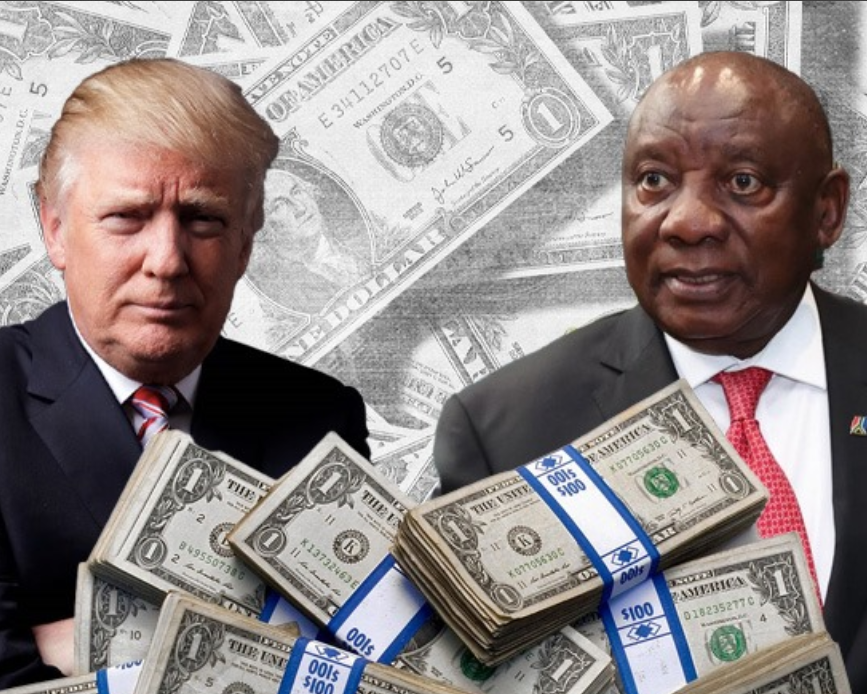Cape Town – Experts warn that South Africa’s fragile ties with the United States could jeopardize its economic recovery, as looming US tariffs on exports may slash GDP growth by almost one percentage point.
Tensions between the two nations have escalated, particularly following South Africa’s genocide case against Israel at the International Court of Justice (ICJ) and US President Donald Trump’s punitive measures, including the suspension of foreign aid.
“As South Africa grapples with the immediate to short-term impacts of the aid ban, there are also long-term implications for the bilateral trade and investment relationship, all of which require urgent attention,” trade analysts at AGOA.info noted.
South Africa’s preferential trade benefits under the African Growth and Opportunity Act (AGOA) are once again under scrutiny — this time amid a more transactional US administration that is pushing for reciprocity in trade agreements.
Amid rising global uncertainties and deteriorating relations with the US, the South African Reserve Bank (SARB) has maintained its main repo rate at 7.5%.
SARB Governor Lesetja Kganyago has emphasised the risks posed by potential AGOA revocation, warning that restricted US market access could further weaken exports, depress GDP growth, weaken the rand, and fuel domestic inflation, according to WSJ.
Subsistence investing
Growth projections for 2024 and 2025 have already been adjusted slightly downward to 0.6% and 1.7%, respectively, reflecting growing investor uncertainty.
According to a report by Daily Investor, the broader economic impact extends beyond trade, affecting investor confidence and business sentiment.
Economists, including Old Mutual’s Johann Els and Standard Bank’s Goolam Ballim, identify political uncertainty and inconsistent policy decisions as key barriers to growth, the report said.
This unpredictability has led many businesses to adopt a “subsistence investing” approach — prioritising short-term survival over long-term expansion.
While challenges persist, South Africa’s Government of National Unity (GNU) presents a potential avenue for stabilising relations and restoring confidence among investors. However, diplomatic analysts suggest that Pretoria may need to reassess aspects of its foreign policy to secure crucial economic ties with Washington.
According to AFP, calls are mounting for South Africa to prioritise its economic interests, as U.S. aid and investment support thousands of jobs in a country grappling with a 32% unemployment rate.
Seeking to reset relations
At stake is the renewal of AGOA, which provides duty-free access to the U.S. market for certain African products. The agreement, set to expire in September, has generated tens of billions of dollars in trade benefits for South Africa over the past 25 years.
“This is a 25-year trade relationship which has benefited South Africa to the tune of tens of billions of dollars,” said Richard Morrow, analyst at the Brenthurst Foundation.
“It is causing a lot of concern within the government, which then provides the Trump administration with tremendous leverage.”
“South Africa, on the one hand, is seeking to reset relations with the US, yet on the other, it is undermining this effort through conflicting foreign policy stances,” Morrow added.
There are growing calls for President Cyril Ramaphosa’s administration to appoint a US envoy with less “ideological baggage” than former ambassador Ebrahim Rasool, one who could recalibrate diplomatic engagement with Washington.
With South Africa’s economy at a crossroads, the decisions made in the coming months will likely determine the future of its relationship with the US —and, by extension, its economic trajectory.


